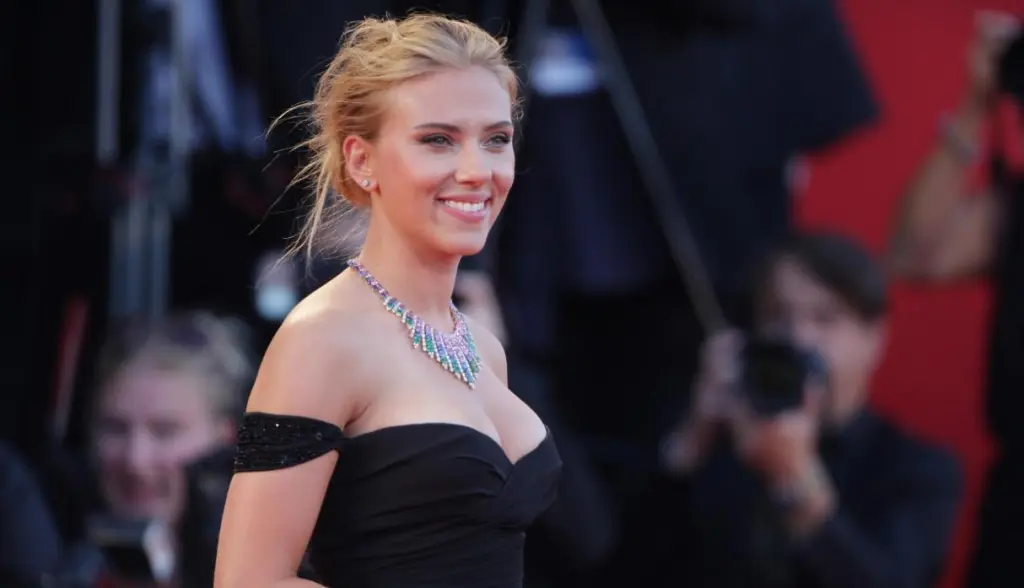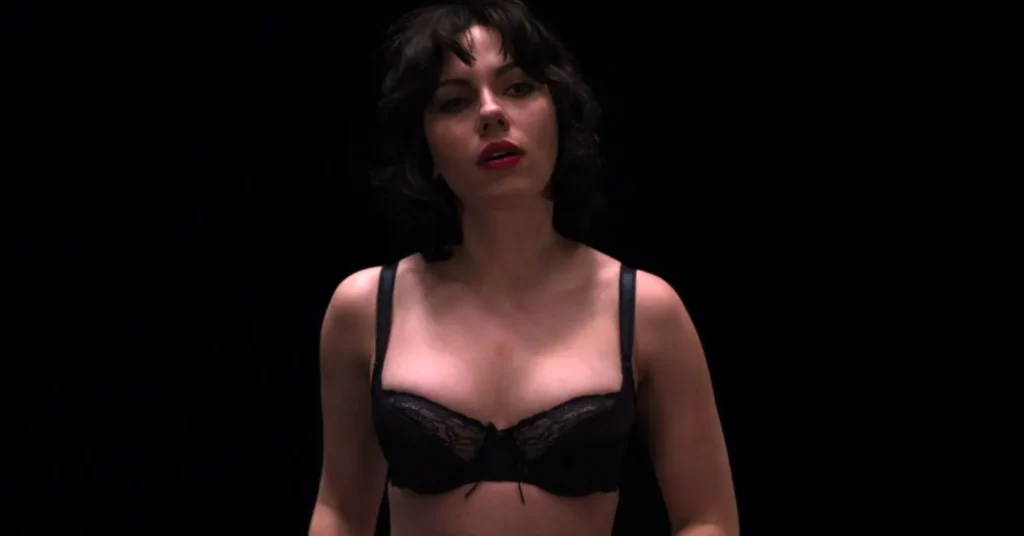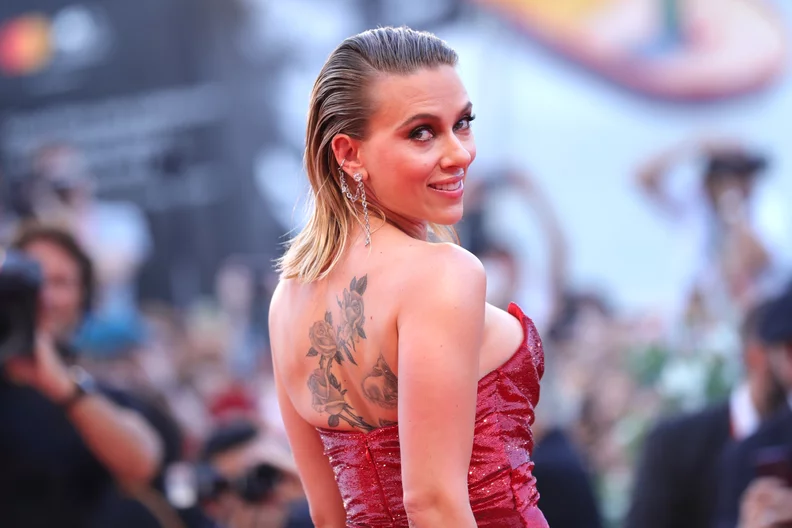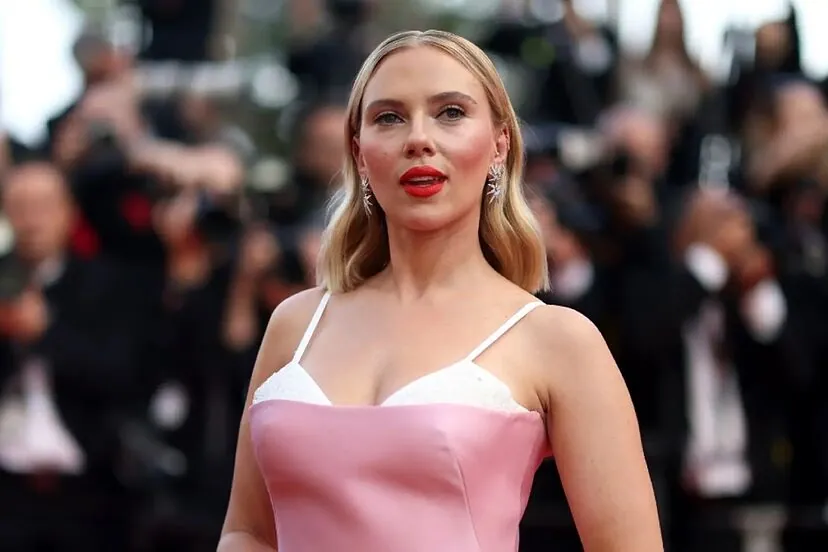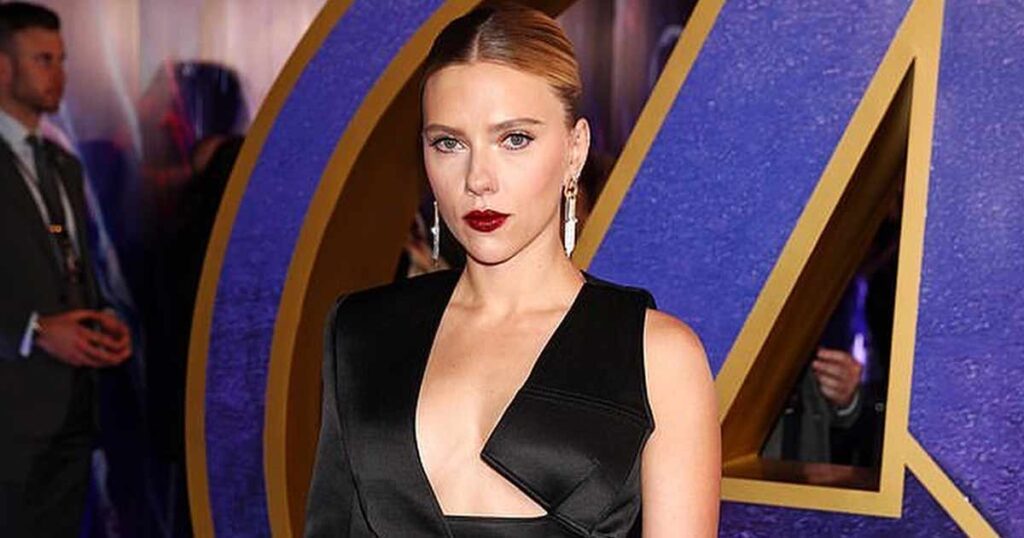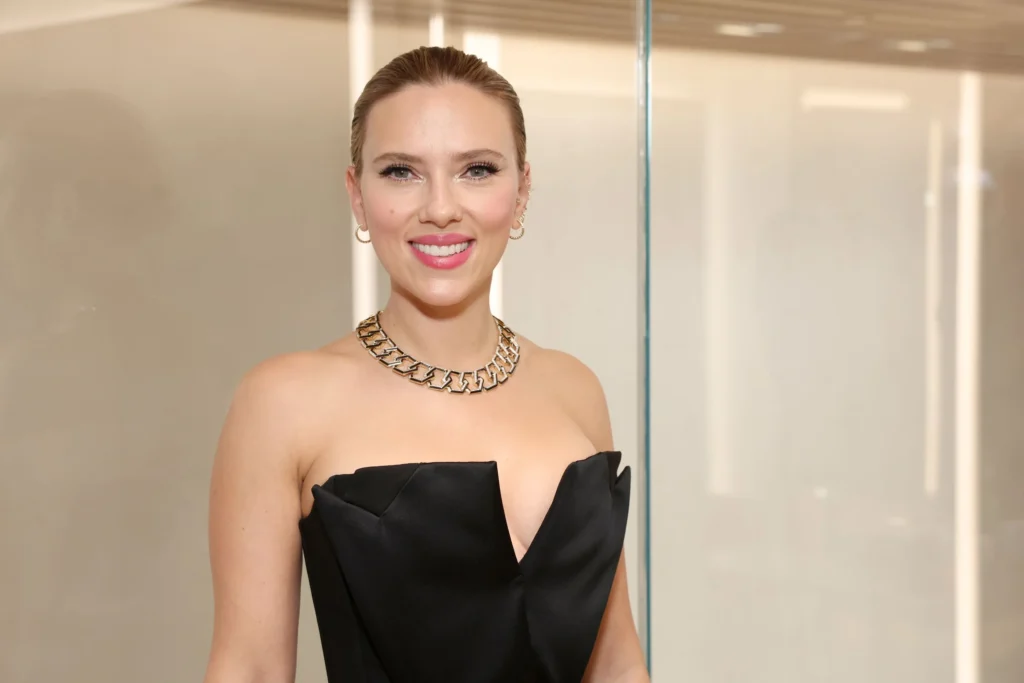Scarlett Johansson expressed shock and anger after OpenAI launched a chatbot with a voice eerily similar to hers. She had previously turned down an offer from the company to voice the chatbot. When the new model debuted, many noted the similarity between the chatbot’s “Sky” voice and Johansson’s voice in the 2013 film “Her.” Johansson accused OpenAI’s founder, Sam Altman, of deliberately copying her voice. Altman had approached her in September, hoping her voice would help bridge the gap between tech and consumers. Despite her rejection, Altman urged her to reconsider before the chatbot’s release. Johansson hired lawyers and sent legal letters to OpenAI to understand how the voice was created.
She emphasized the need for clarity on protecting personal likenesses, especially with the rise of deepfakes. OpenAI stated that the voice was not intended to resemble Johansson’s and apologized for any miscommunication. The company is pausing the use of the voice while addressing concerns. This incident follows recent industry strikes over AI use without consent. Johansson participated in these strikes, which demanded better safeguards against using AI to imitate actors’ faces and voices. The deal reached with studios included promises not to use AI without actors’ consent.
Dan Stein, head of AI voice licensing company Voice-Swap, criticized OpenAI for using Johansson’s voice without permission, calling it invasive and setting a dangerous precedent for copyright and consent. OpenAI has faced various legal challenges, including potential lawsuits from the New York Times and authors George RR Martin and John Grisham, over using copyrighted materials to train its AI models. Johansson’s battle with OpenAI highlights the growing concerns over AI’s impact on personal likeness and consent. As technology advances, it’s crucial for companies to navigate these ethical waters carefully, ensuring respect for individuals’ identities and creative works. This incident serves as a reminder of the ongoing need for clear guidelines and protections in the age of artificial intelligence.

